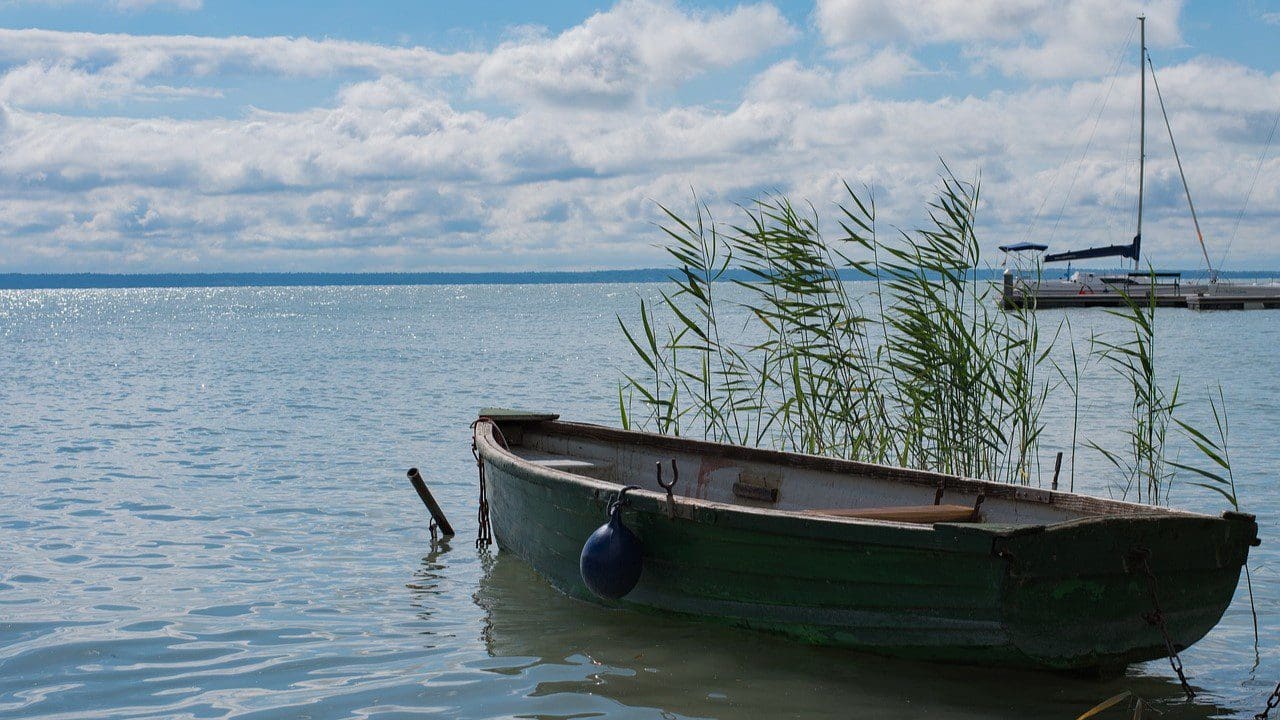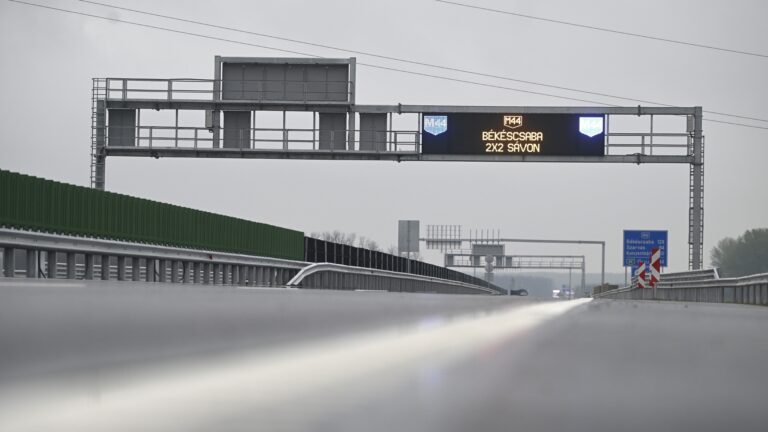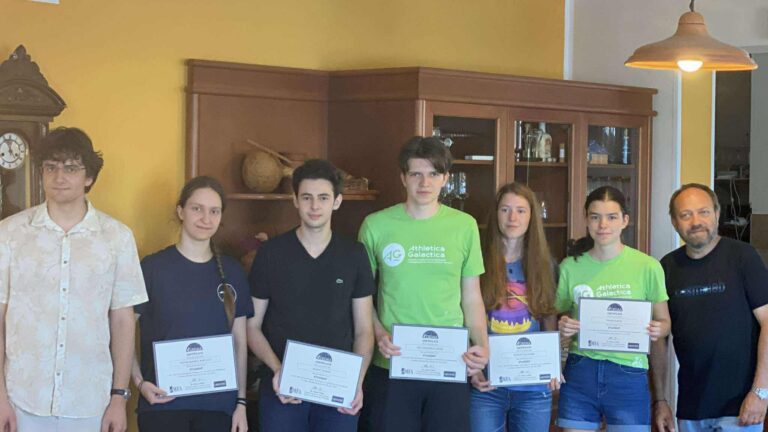Lake Balaton is undoubtedly one of the most popular tourist destinations in Hungary. It is popular not only among the Hungarians themselves but with international tourists as well. As a result, Balaton is more than just a pleasant place to spend a summer weekend or an entire summer holiday—it also has a great economic significance for Hungary. It is not irrelevant at all how many people decide to spend time near the lake.
As the country follows any news about the Hungarian sea closely, the remarks of President of the Hungarian Hotel and Restaurant Association (HH&RA) Tamás Flesch quoted in a recent article did not go unnoticed. Flesch claimed that around 40 per cent fewer people are now visiting Balaton.
He noted that the decline in interest in Lake Balaton can be partially put down to the weather being less predictably warm as in Mediterranean countries, as well as to COVID-related and financial concerns.
Central Statistical Office data also show that there has been a 7.3 per cent decrease in overall domestic tourism between May and January 2023.
The article soon prompted intense media coverage of the issue, with even Chief of the Prime Minister’s Office Gergely Gulyás being asked for a comment at his regular press brief.
Gulyás rebutted the claims of the Association.
Several media outlets felt compelled to publish estimates of the cost of spending a weekend at the Balaton. They concluded that a holiday abroad is cheaper than going to the Balaton, also highlighting that 41 per cent of Hungarians cannot afford to go on a summer holiday at all.
But it is worth putting these figures into context. On the one hand, it is undoubtedly true, that prices, especially food prices have significantly increased over the past year. However, inflation affects prices not only in the Balaton region but in the whole country—if not the whole world. Overall, Balaton food prices have increased by about 20 per cent. A simple main course consisting of fried chicken with rice can now cost up to 4490 HUF (12 EUR) while a scoop of ice-cream up to 550 HUF (14 EUR).
In reaction to the media coverage and the HH&RA assessment that there is less interest in the Balaton these days, President of the Hungarian Tourism Agency Zoltán Guller argued that the estimate of a 40 per cent decline in Balaton tourism is incorrect. The president highlighted the Association’s limited access to information about the Balaton area—in fact, only 85 out of the 210 hotels near the Lake are part of the Association, therefore, their estimation relies on insufficient data. The government Agency, on the other hand, has access to information from all Hungarians hotels and it has concluded that compared to last year, guest nights decreased only slightly from 2.71 million to 2.57 million in 2023, while hotel revenues have significantly increased—from 38 billion to 48 billion.
When assessing the popularity of the Balaton region, it should also be taken into consideration that guest nights are not the only way of measuring the success of a Balaton season. Measuring tourism through guest nights for discounts for instance the fact that over the past years
a large number of weekend houses were built near the lake.
Many domestic tourists who would have spent multiple guest nights in hotels are now staying in accommodation they own. In other words, while there might have been a reduction in the number of guest nights, that did not go hand in hand with the actual number of tourists who visited Balaton.
The guest nights statistics also does not capture the number of people who stayed in apartments or houses loaned from family members or friends. Since prices have undoubtedly risen over the past year due to inflation, it is plausible to assume that more people have tried to economise on their largest expense—accommodation.
The popularity of owning a weekend house near the Balaton has been indeed on the rise. Between 2017 and 2021, about 6,000 new apartments were built, 1,700 of which at Siófok only. Else then building new living complexes, the renovation of the already existing houses is also ongoing. The national renewal rate is 2.2 per cent, while in Szántód it is as high as 30 per cent, followed by Balatonlelle where renewal rate is 17 per cent.
Fortunately, it is not only more concrete that has been added to the Balaton. Over the past years over a hundred beaches have been upgraded, including making them more accessible, more family and sometimes more dog friendly, while the facilities inside the beaches have also been modernised in many places.
In other words, although some tourism patterns have changed for a number of reasons, the Balaton has definitely not lost its appeal, and remains one of the favourite summer holiday destinations in Hungary.








